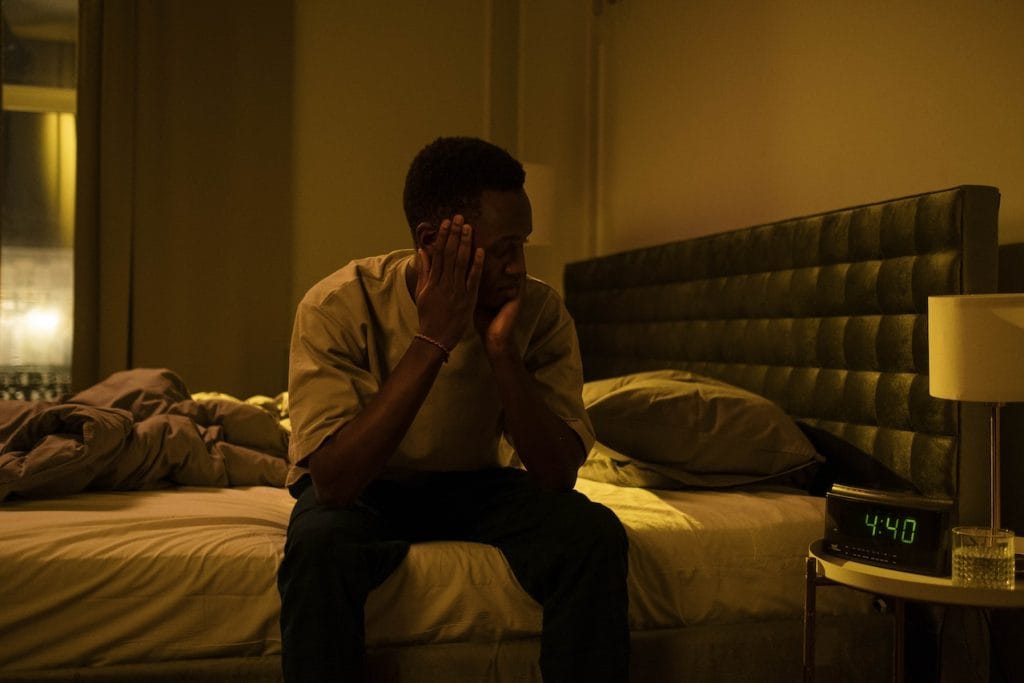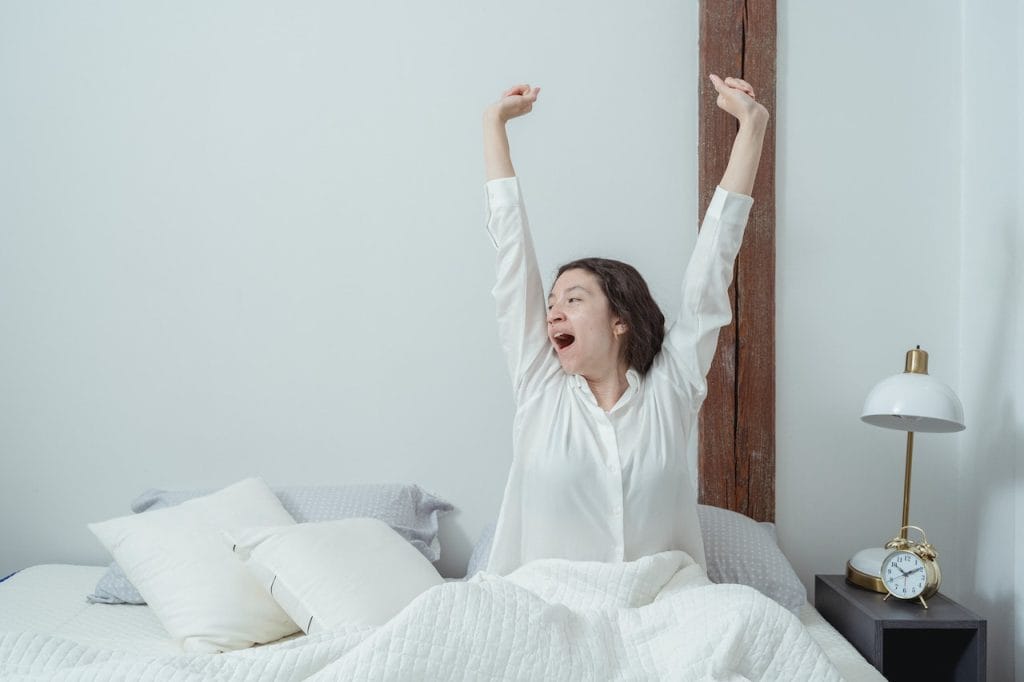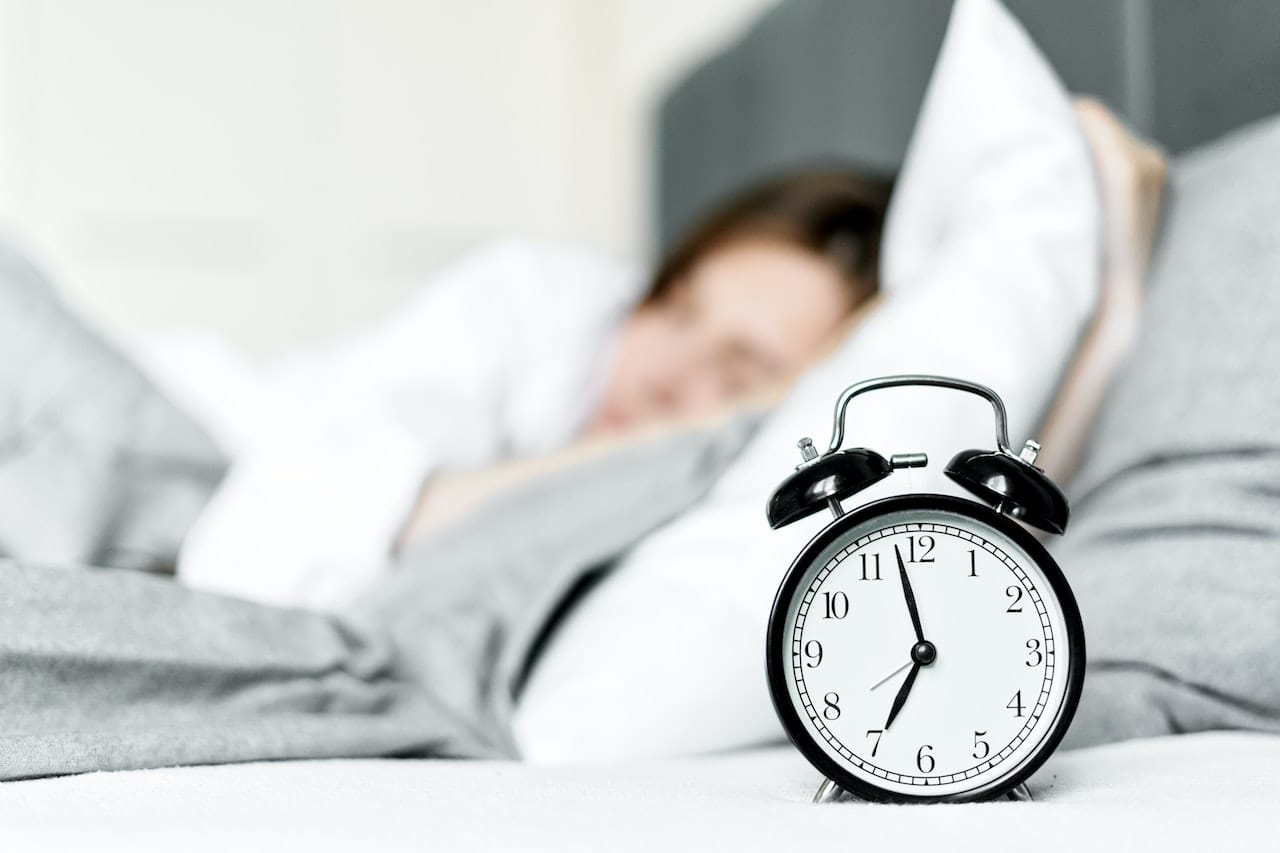There is an opinion that if you reduce the number of hours of sleep, after some time the body will adapt to this and you will get enough sleep. We decided to check if this is true.
IN Internet Can find a lot articlesdedicated to how sleep less without harm to health. Users share in blogs with their own experiences, how they "hacked" sleep and learned to get enough sleep in a short time. About this practice write on medical portals, on websitesdedicated to a healthy lifestyle, on thematic resources about sleep problems. There are posts about this in social networks.
It is believed that many prominent historical figures slept much less than the classic eight hours. So, Margaret Thatcher allegedly slept only four hours a day (although, according to memories her assistants, she often dozed on the way somewhere in the back seat of her car), Nikola Tesla got by with just two hours a day, and Leonardo da Vinci used polyphasic sleep pattern (that is, he slept 15 minutes every four hours, for a total of one and a half hours a day). Whether this is really so or just historical anecdotes is a topic for separate analysis. But is it really possible to sleep so little and remain alert and healthy?
US Centers for Disease Control specialists recommend adults sleep at least seven hours a day, children - more (depending on age). Human dream consists of of two phases: slow and fast. They, in turn, are divided into three more stages. Each phase and stage of sleep involves changes in muscle tone, brain wave patterns, and eye movements. The body goes through all of these stages approximately four to six times each night, with each cycle lasting 90 minutes on average. If you reduce your sleep time, you will not be able to go through all these stages and the body will not fully rest.
However, scientists at the University of California found out, What mutations some genes actually allow their carriers to sleep only four to six hours without harm to health and cognitive function. However, the researchers note, these mutations are extremely rare, occurring in only one person out of 4 million, so you shouldn’t count on the fact that you are the same “mutant” who needs four hours for a full night’s sleep.
At the same time, we tend to overestimate the amount of time we spend sleeping. So, if six hours passed from the moment we went to bed until the alarm went off, we spent a little less directly in sleep. This confirmed results of a study in which subjects were asked about their sleep time and then compared this subjective assessment with the results actigraphy (method of recording motor activity to measure sleep and wake time). That is, if we consciously reduce the number of hours of sleep, thinking that five or six are enough for us, in fact the body rests even less.

If you regularly sleep several hours a day, after some time you may actually appearthat you are used to it: at first, daytime sleepiness will increase, and then it will reach a plateau and you can perceive this as an adaptation of the body. However, this does not mean at all that he will not suffer from lack of sleep, it just won’t be so noticeable to you subjectively.
Experts from the Sleep Research Society conducted experiment: They took 10,000 people and asked them to take 12 well-established cognitive tests. Those who slept less than the recommended eight hours performed significantly worse on tests of reasoning and verbal skills. Short-term memory was not affected. It is worth noting that similar results were observed among those who slept significantly more than eight hours. We already tried to find out whether it is true that sleeping too much is harmful, but the scientific community has not yet reached a consensus on this matter.
Review of studies conducted on the consequences of sleep deficiency testifiesthat in the long term, lack of sleep can lead to hypertension, high cholesterol, cardiovascular disease, metabolic syndrome and obesity, type 2 diabetes and even cancer (although there are research, disproving the connection between sleep duration and cancer, so this is still a controversial issue). Also some specialists thinkthat regular sleep of less than six hours increases the risk of developing dementia in old age by 30% compared with seven hours of sleep.
Technologies do not stand still, and today there are several types on sale devices, which are worn on the head before bed, track sleep phases throughout the night and send sound signals that allow these phases to be adjusted. Experts note that this is still not a replacement for a full night's sleep, but with the help of such gadgets it is possible to partially smooth out the short-term negative consequences of lack of sleep for those who, for some reason, cannot or do not want to sleep for seven hours. However, there is no evidence yet that these devices can reduce the health risks of sleep deprivation in the long term.
Matt Walker, professor of neurobiology at the University of California, Berkeley, assertsthat the percentage of people who are able to sleep less than six hours a day without harm to their health is zero. He also recalls that all the major killer diseases in developed countries: Alzheimer's disease, cancer, obesity, diabetes, depression - have a direct and very strong connection with sleep deficiency.

Researcher and popularizer of science Alexey Guzei conducted a two-week experiment: He slept no more than four hours a night, and then underwent several tests of cognitive function and acuity. It turned out that partial sleep deprivation had no effect on his cognitive abilities - at least tests did not show any difference. At the same time, he notes that it was difficult for him to maintain such a sleep-wake pattern and periodically he fell asleep for several minutes, that is, the body did not adapt. The author notes that the results of his experiment cannot be considered representative and fair for other people. In addition, they do not provide any data on the long-term consequences of this sleep pattern.
It is worth noting that most of the long-term studies of the connection between various diseases and lack of sleep are correlational studies, that is, those that study the interdependence of lack of sleep and diseases. However, it is difficult to say exactly what is the cause and what is the effect in this case. Perhaps it is a predisposition, for example, to dementia that leads to sleep disturbances, and not the other way around.
It is worth mentioning separately polyphasic mode a dream believed to have been held by Leonardo da Vinci. There is absolutely no evidence that it has any benefits over normal monophasic sleep, where we sleep for the prescribed number of hours in a row, and the side effects are not much different from complete sleep deprivation. Experts recommend switching to this mode only if the alternative is not sleeping at all.
Thus, if you sleep less than the recommended amount for a long time, daytime sleepiness and fatigue will only increase in the first days, and then reach a plateau, that is, at some point, your body actually in some sense adapts to the lack of sleep and you may feel that you are used to sleeping less. However, this is a subjective feeling, your body will still not get enough rest, which can lead to serious health problems in the long run. At the same time, studying the long-term consequences of long-term sleep deprivation in laboratory conditions, that is, forcing some people to sleep for four hours for years, and others for eight, and then compare their health status, is impossible, at least for reasons of medical ethics. That's why some experts question research linking sleep deprivation and fatal diseases.
Most likely not true
Read on the topic:
- Is it true that you can sleep off the lack of sleep in the previous days?
- Is it true that sleeping too much is bad for you?
- Is it true that sleeping in the light is harmful?
- Is it true that sleeping at sunset is bad for your health?
If you find a spelling or grammatical error, please let us know by highlighting the error text and clicking Ctrl+Enter.






